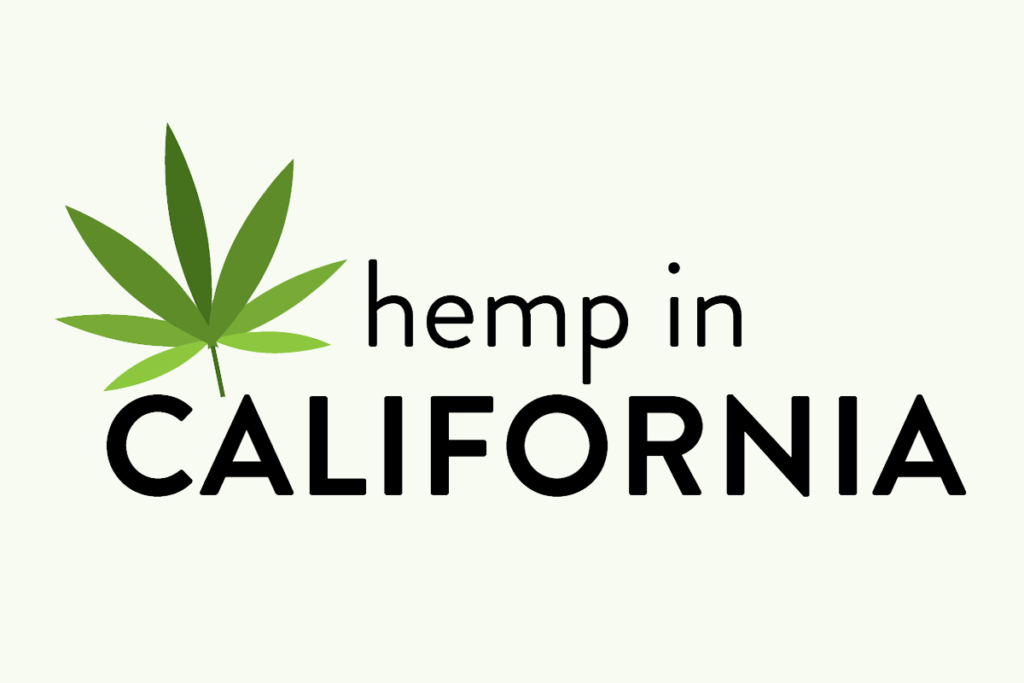
Last week, the California Department of Public Health (CDPH) published a Notice of Proposed Rulemaking for permanent regulations requiring that industrial hemp food, food additives, beverages, and dietary supplements intended for human consumption (1) have no detectable THC per serving, (2) cannot be sold to purchasers under age 21, and (3) may have no more than 5 servings per package. These regulations, originally adopted by the CDPH under the Emergency Rulemaking Process in late 2024 (“Emergency Regulations“), were re-adopted in March of this year. Pursuant to last week’s Notice, a 45-day public comment period has been opened, and a public hearing has been set for July 28, 2025 to address the proposed permanent rules. Since last fall, the Department of Alcoholic Beverage Control (ABC) has been enforcing the Emergency Regulations against its licensees and has made a total of 12,568 location visits, identifying 148 violations, resulting in the seizure of 7,151 products. In May, Governor Newsom announced that 99.7% of state-licensed alcohol establishments were in compliance with the Emergency Regulations; however, the governor’s administration did not report compliance rates for unlicensed retail businesses. The Emergency Regulations also include § 23010 in Title 17, California Code of Regulations (CCR), that broadens the definition of “THC” under California hemp law to include 30 additional intoxicating cannabinoids. The impacts of § 23010, and associated impacts on hemp farming and related sectors, are not covered in the Standardized Regulatory Impact Assessment, produced by Dr. Robin S. Goldstein (Director, Cannabis Economics Group, UC Davis) for the CDPH, nor is this section addressed in the proposed rule, as the additional cannabinoids list remains in effect for 18 months from September 23, 2024, pursuant to HSC § 111921.7(d). Thus, this section of the Emergency Regulations will require further action from the administration if it is to stay in effect beyond March 2026. Currently pending in the California Senate, having passed the Assembly earlier this month, AB 8 (Aguiar-Curry) would, if enacted, allow for and regulate hemp-derived THC products in the California cannabis supply chain.
